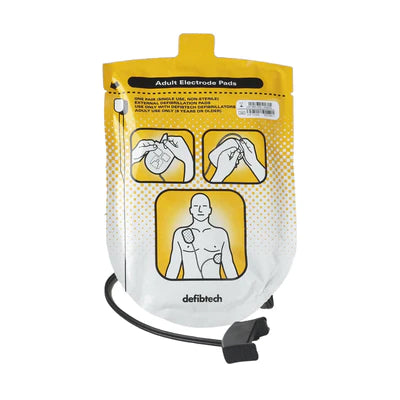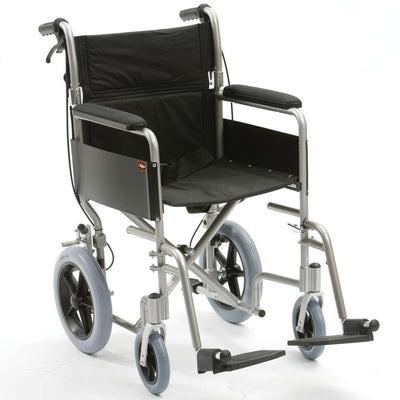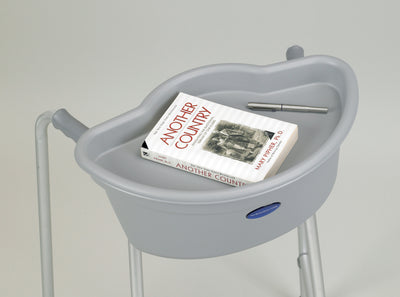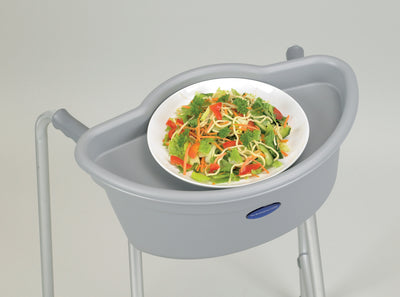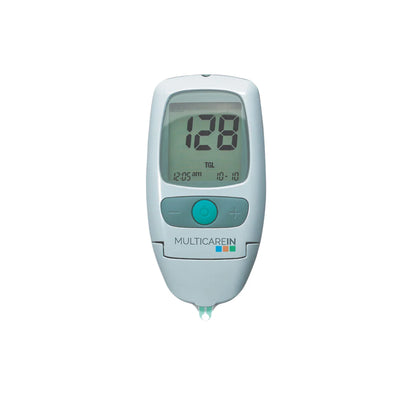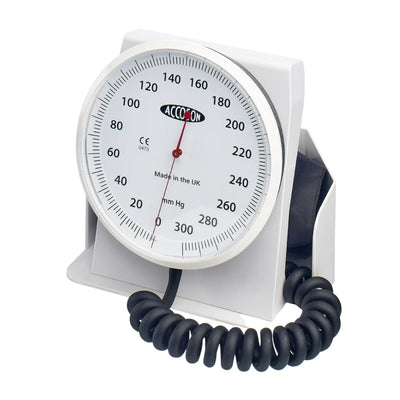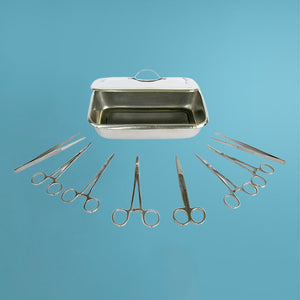In the course of our lives our hearts will beat around 2.5 billion times. Second after second, day after day, year after year. The heart is the most vital of organs for keeping us alive and well, so it’s crucial that we understand the importance of living a heart-healthy lifestyle.
Heart disease is the number one cause of death in the UK, with over 170,000 deaths per year being attributed to heart and circulatory disease. Yet, most premature deaths caused by heart disease are thought to be preventable. So, how should we best look after our heart to avoid becoming a statistic in the UK’s increasing number of deaths by preventable heart condition?
Lose Weight
Resolving to bring your weight down is one of the best things you can do for your heart. When you’re overweight your heart has to pump harder to deliver blood to a growing network of arteries in an increasingly large body. Over time the heart struggles, the muscles become thicker and the risk of developing heart failure increases.
Being overweight also increases the risk of:
- Stroke
- Heart Disease
- Blood clots
- High cholesterol
- Hypertension
- Sleep Apnea
- Diabetes
Lose weight by following a healthy diet and a regular, gentle exercise regime. We know it’s incredibly hard to change your lifestyle, but breaking it down into small changes (like adding extra minutes of exercise each day or slowly lowering your calories) that you maintain over a long period of time will gradually result in weight loss and a healthier lifestyle. It takes just 60-90 days to form a lifetime habit, so if you can stick with it for just that long you’ll have made some incredibly effective changes to the health of your heart.
Improve your sleep
Good quality sleep plays a huge part in your overall health and wellbeing. If you’re running low on sleep you’re at risk of developing heart failure, hypertension, overeating and increased blood pressure.
As well as making sure your bed and bedroom are comfortable, there are plenty of fantastic sleep resources online to help you get into a good pattern of sleeping well. Our top tips for getting a good night’s sleep include:
- Limiting your napping during the day (and don’t nap after 1pm)
- Cut back on caffeine, especially after lunchtime, and avoid other stimulants including nicotine
- Eat your meals at a regular time, with your main evening meal no later than 2 hours before bed time
- Stay active! Make sure you have some gentle exercise for at least 20-30 minutes everyday (just not too close to bedtime)
- Ditch the screens and put your phone, laptop or tablet away before bedtime. Never take your screens to bed.
- Make sure you’re completely comfortable in bed (maybe try using one of these pillows ).
Stop Smoking
If you’re a smoker your risk of developing heart disease or dying from heart failure is four times greater than that of non-smokers. Every cigarette you smoke makes you more likely to develop heart problems, and roughly 1 in 5 deaths from heart disease is directly attributed to smoking.
The nicotine in cigarettes is extremely damaging to you and to anyone receiving passive smoke from your habit. It can:
- Reduce the oxygen flow to your heart
- Raise your blood pressure
- Speed up your heart rate
- Increase the chance of blood clots, which lead to heart attacks and strokes
- Harm the inside of your blood vessels and your heart.
If you stop smoking, your odds of developing heart disease drop significantly. In fact, just 1 year after you quit your risk of developing heart disease will have halved and will continue to decrease as the years go on.
Reduce your stress
Stress poses huge risks for us all and in our modern society it’s incredibly difficult to avoid. However, we know that highly anxious people are more likely to suffer heart attacks and strokes, so reducing our levels of stress and worry can be a very effective way to prevent that outcome.
Take time in your day to do something that relaxes you might seem like a very low priority, but remember that if we prioritise our health everything else become much easier to manage. Try going for a walk, reading a book, exercising or volunteering to help someone.
Perhaps download a meditation app with a reminder to take 15 minutes each day to relax your breathing, lower your shoulders, and reset your feelings.
Reducing your caffeine, alcohol and stimulant intake will also help to reduce your body’s stress levels very effectively.
Need more help? We're always here to help so get in touch today.
For all your Medical and Homecare supplies give us a call at Mediworld.
We have over 40 years experience in medical, surgical, mobility and home health supplies and we're always on hand to chat if you need support or advice. Follow us on Twitter and Facebook and don't forget to read our other great health blogs!


